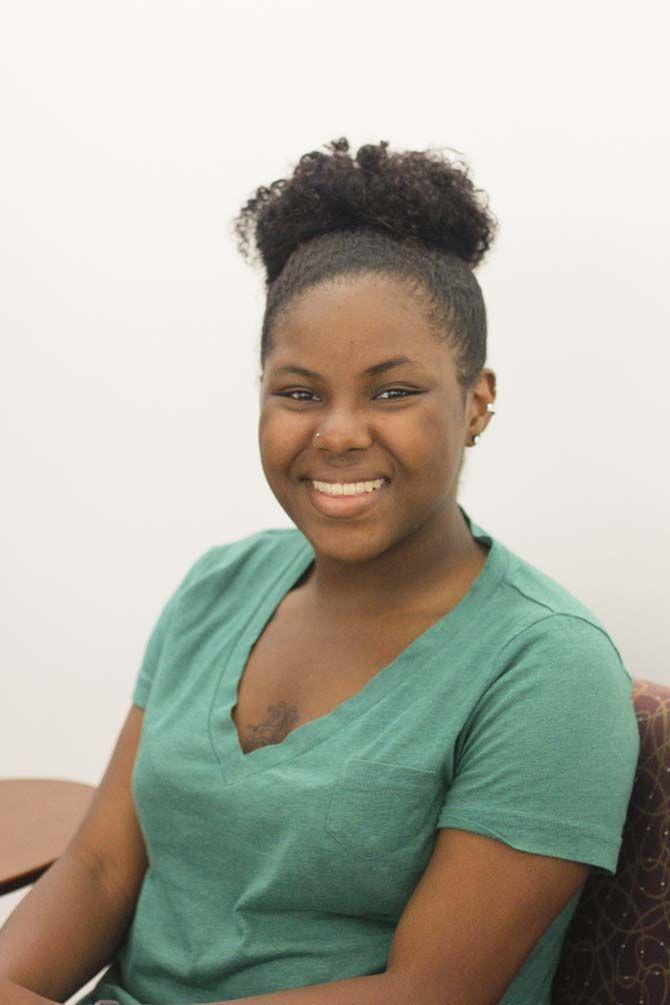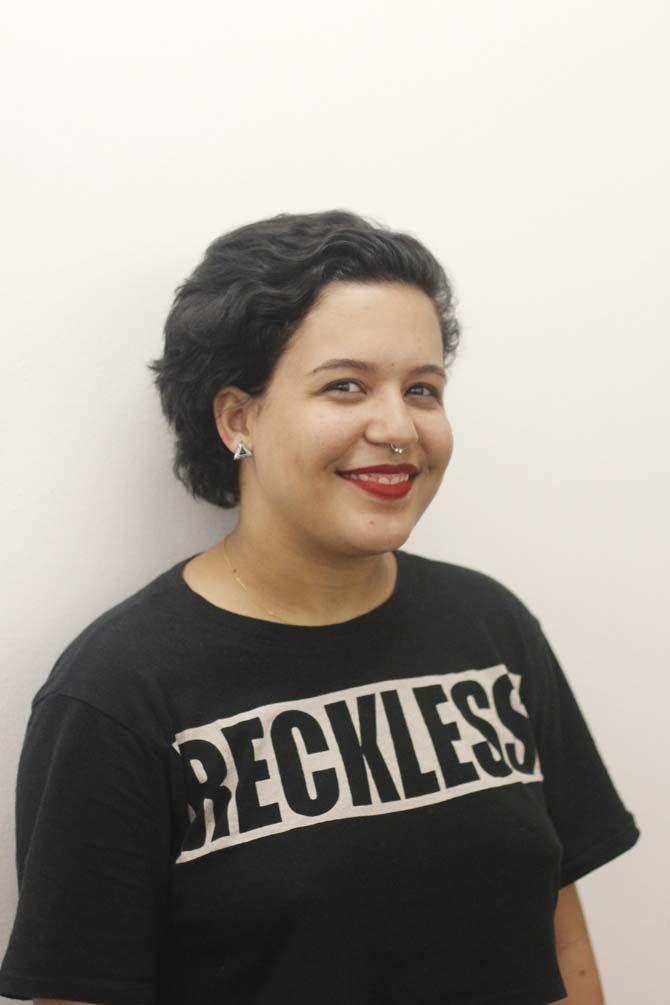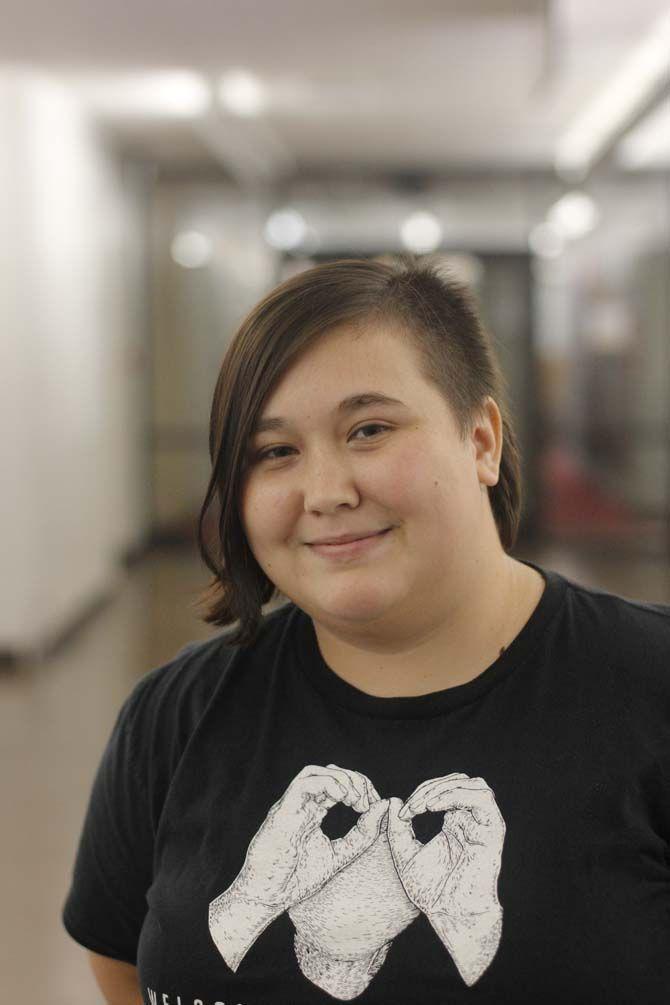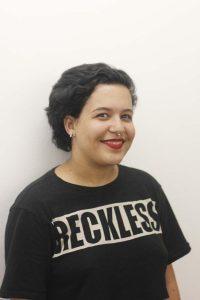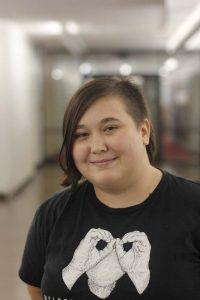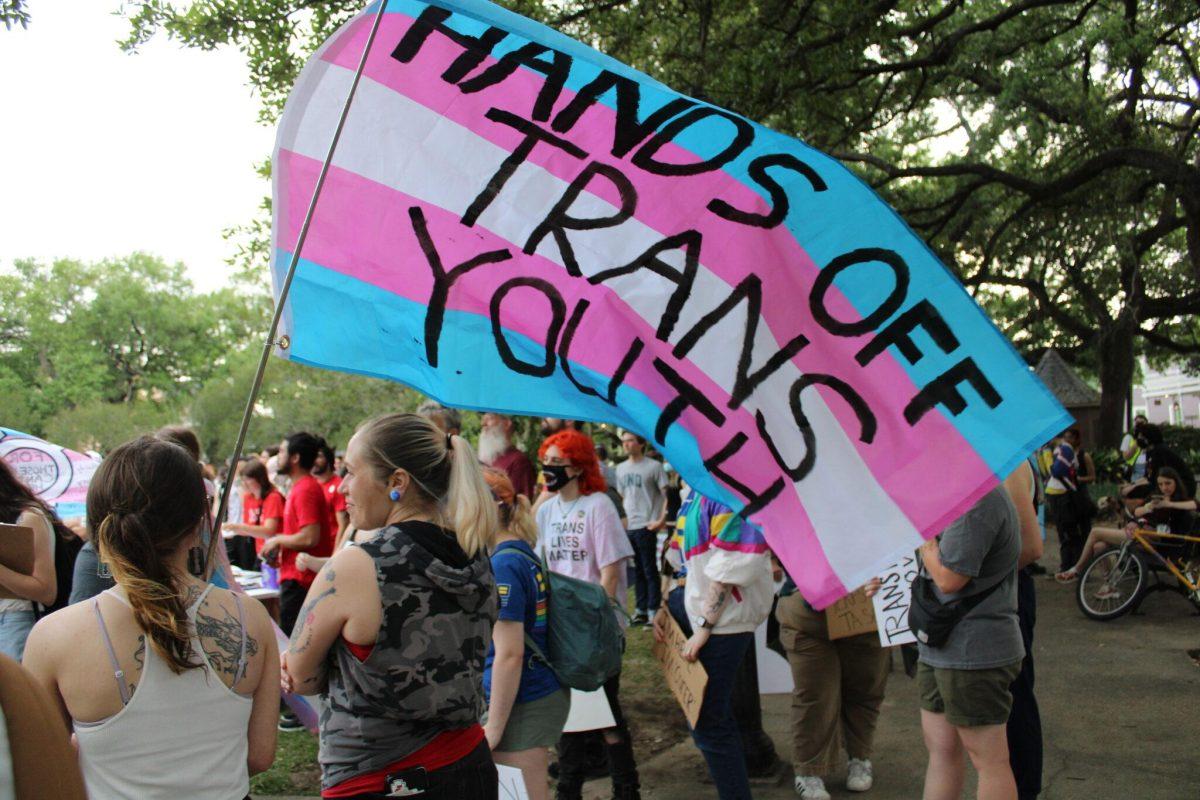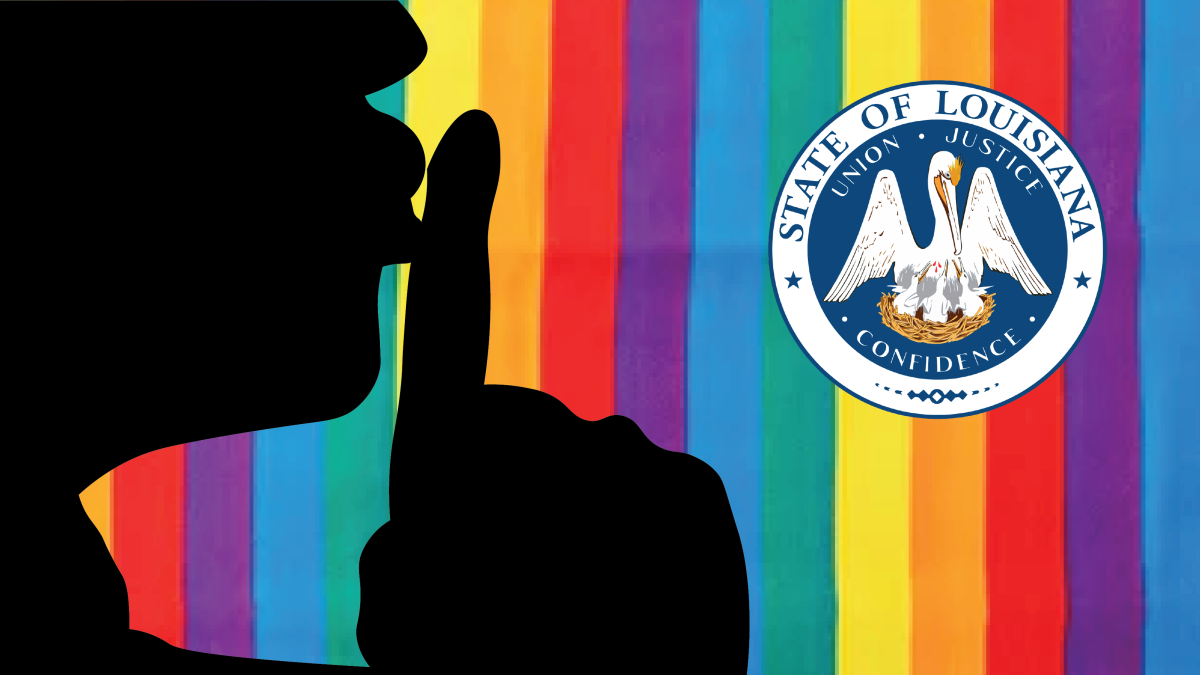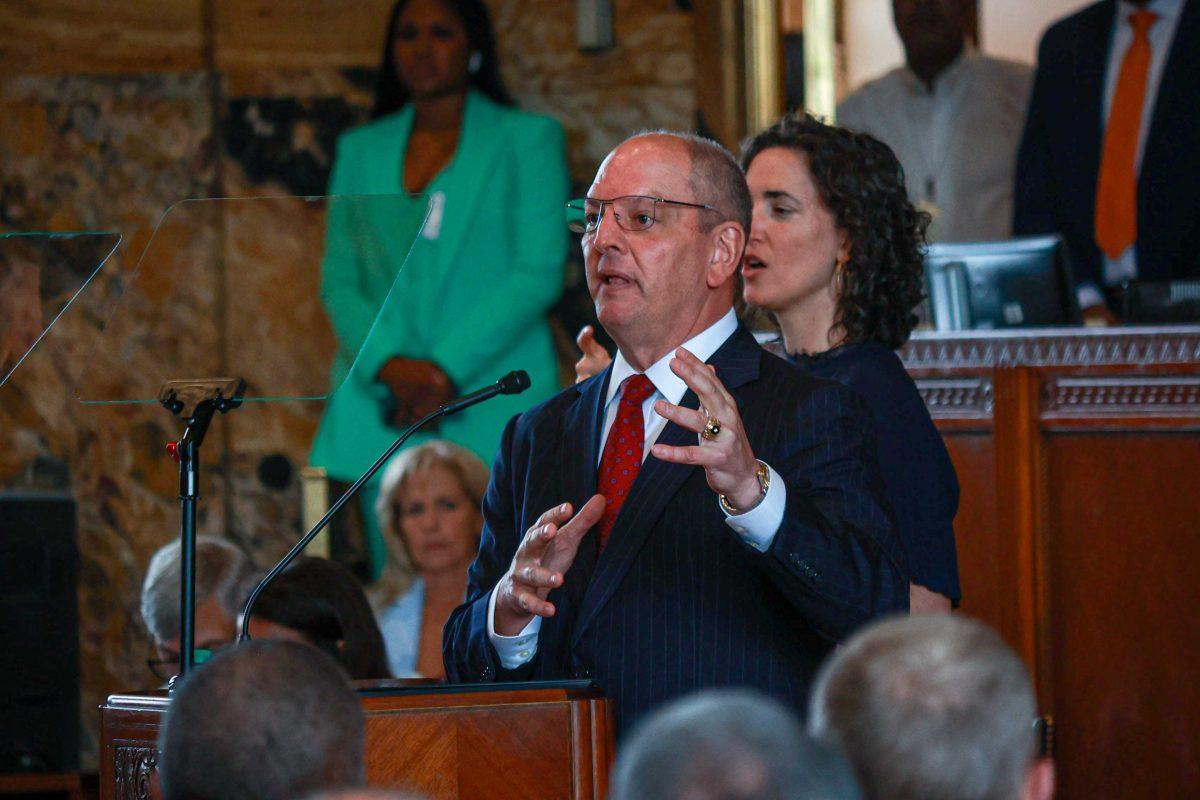Conventional campus resources often cannot address the specific challenges faced by LGBT students, many of whom live independently for the first time and may struggle to express who they are.
Spectrum and the Office of Multicultural Affairs work to acclimate LGBT students to LSU with the First Contact peer mentoring program, which held its first training session of the semester Tuesday.
“First Contact is a mentoring program … directed towards students that have concerns related to their sexual orientation or gender identity,” said psychology senior Nichole Fusilier, First Contact student coordinator.
First Contact works to match LGBT students seeking assistance with volunteer mentors from similar backgrounds who have dealt with similar situations in the past. Once mentors and program participants are matched, they meet to discuss their situations and develop a course of action.
Mentors are matched with participants based on factors ranging from race to sexual orientation to age.
“I look at the background, and that kind of guides me,” Fusilier said. “If someone comes in [and says] ‘I came from a Catholic school,’ then I try to see if I have a mentor who also went to Catholic school.”
Questions about revealing sexual or gender identity are raised by participants.
“We usually get a lot of freshmen, and their biggest issue is that they don’t know how to come out, if they’re ready to come out or what steps they should take to come out,” Fusilier said.
Mentors can help the person better understand how his or her friends and family would react to the news and determine the best method for telling them, Fusilier said.
Around 20 students serve as mentors, and the program assists an average of 10 students per semester, Fusilier said. While many are freshmen, the program is open to all students.
Creative writing senior and second-year mentor Destiny Billiot said First Contact provides much-needed outreach to those whose issues are often not well addressed by conventional campus resources, such as individuals who identify as asexual.
“Not many people know what asexuality is or even know that it’s … an option,” Billiot said. “It’s really hard for other asexuals to come together and find the support they need.”
Billiot said First Contact plays an important role in spreading awareness of accepting groups like Spectrum and other resources for LGBT students.
“Sometimes asexuals are uncomfortable going to an LGBT group, because they are not always welcomed in an LGBT space,” Billiot said. “They would probably first look to reach out to see if there is an asexual they can talk to to find out if it is a safe space for them to go.”
Graphic design freshman Monica Olivares, a new mentor, expects the program to be beneficial to both mentors and participants, helping everyone involved learn more about themselves and become more comfortable with their identities.
“I think it’s a really good way to get involved and also help people,” said Olivares.
Volunteers mentor LGBT students
By Trent Parker
September 22, 2015
Psychology Senior, Nichole Fusilier, the Student Coordinator for Spectrum Mentoring, host the mentoring program for new LGBT students on Monday, Sept. 21, 2015, at LSU.
More to Discover


